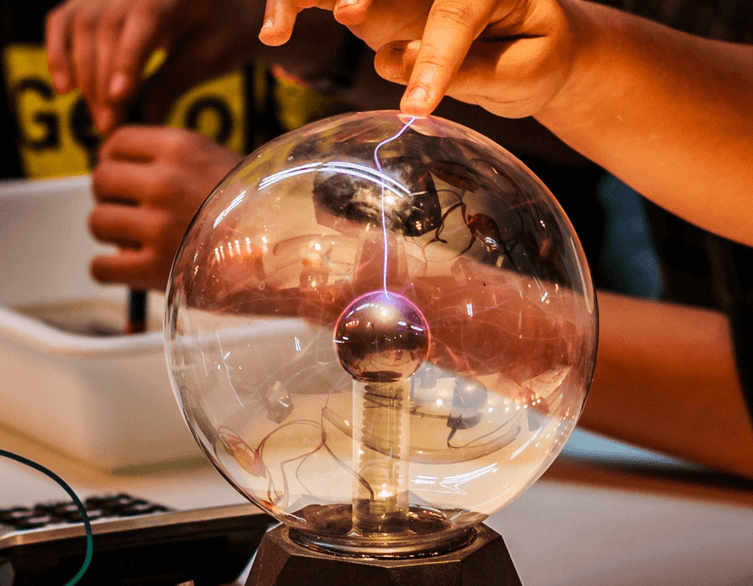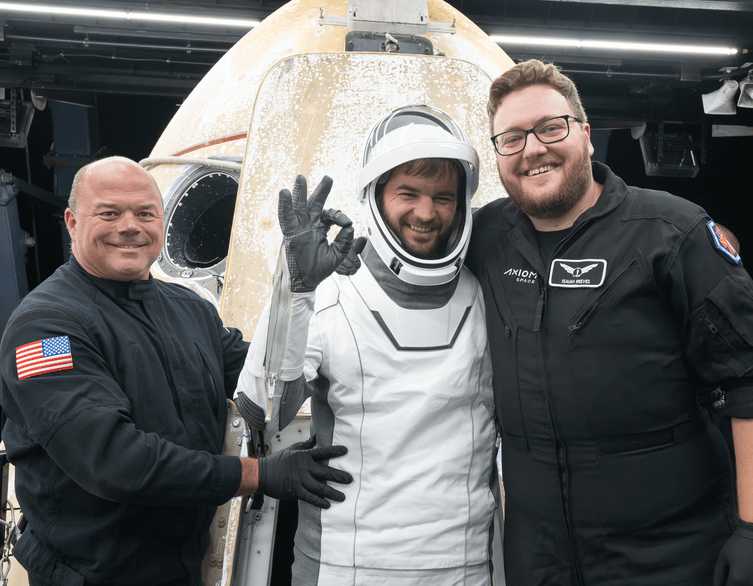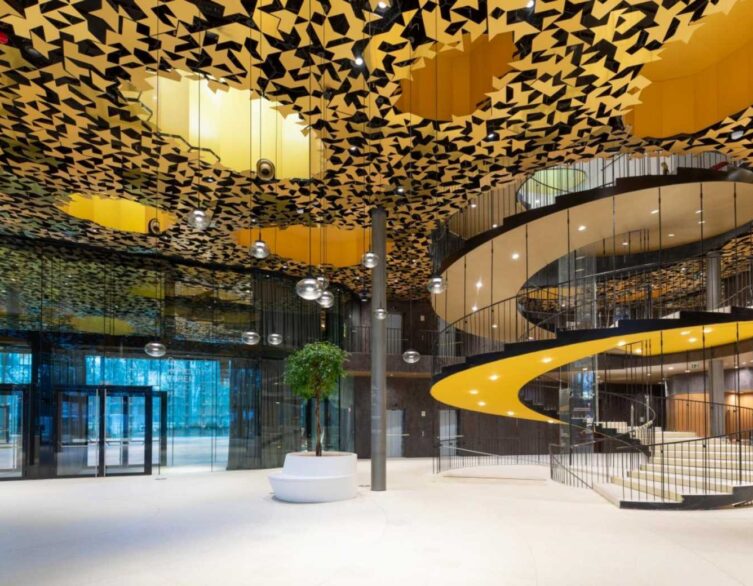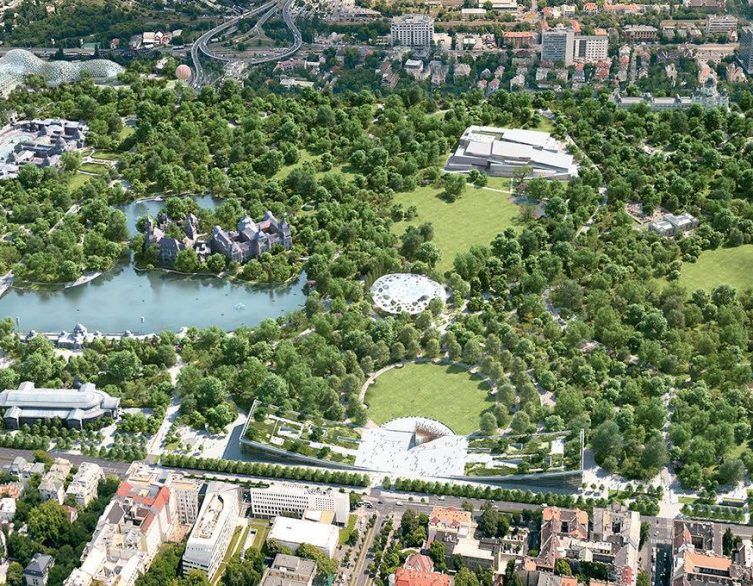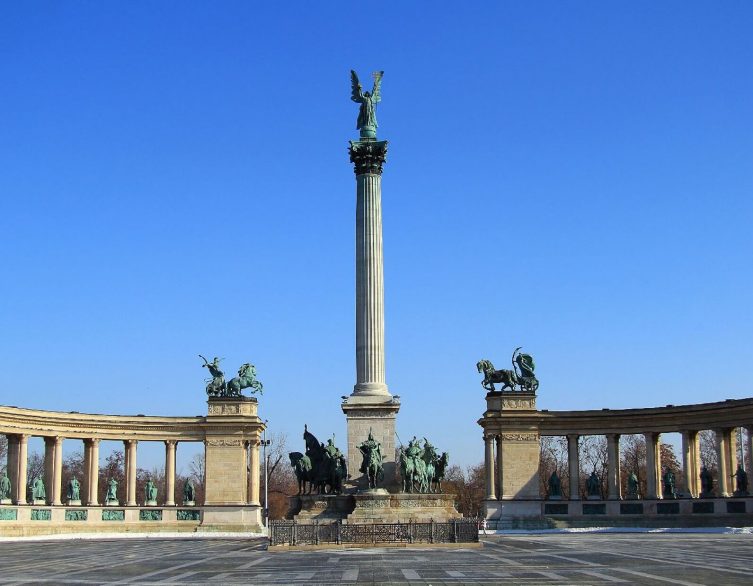Brain Bar 2025: Where Budapest Becomes the Future Capital of Europe
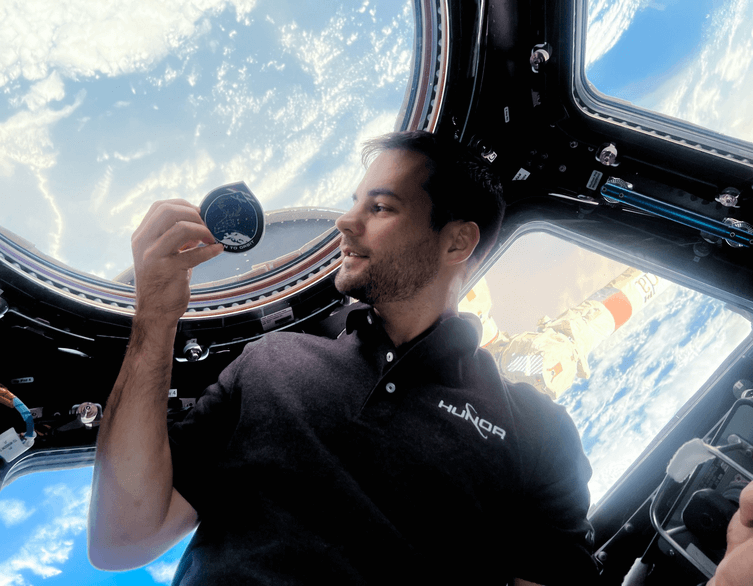
Imagine stepping into a world where extinct mammoths might roam again, where Hungarian astronauts share stories from space, and where the brightest minds on Earth gather to decode what the next 25 years hold for humanity. This September, Budapest transforms into Europe’s ultimate future festival as Brain Bar 2025 takes center stage at the stunning House of Music Hungary. For international visitors seeking more than just thermal baths and historic architecture, this extraordinary event offers a glimpse into tomorrow while experiencing Hungary’s vibrant intellectual culture today.
The Future Arrives in Budapest This September
From September 18-19, 2025, the Hungarian capital becomes ground zero for one of Europe’s most fascinating festivals dedicated to future thinking. Brain Bar, now in its eleventh year, has evolved into something far more significant than a typical tech conference. It’s where scientists, entrepreneurs, politicians, and cultural icons converge to tackle the 21st century’s most pressing questions while encouraging active participation from every person in the audience.
The festival’s unique setting at the House of Music Hungary provides the perfect backdrop for these forward-looking discussions. This architectural marvel, located in City Park, represents Budapest’s own commitment to blending cutting-edge design with cultural heritage – a theme that resonates throughout the Brain Bar experience. The venue’s innovative spaces and acoustic excellence create an environment where revolutionary ideas can truly flourish.
What makes Brain Bar particularly special for international visitors is its interactive format. Unlike traditional conferences where audiences passively listen, every session encourages questions, debates, and direct engagement with speakers. This approach reflects Hungarian intellectual tradition, where spirited discussion and critical thinking have always been valued cultural elements.
Resurrecting Giants: The Science of De-Extinction
One of this year’s most captivating presentations features Ben Lamm, the Silicon Valley entrepreneur whose company Colossal Biosciences has achieved what many considered impossible. His team recently brought the dire wolf back to life after 12,000 years of extinction, a breakthrough that landed on TIME magazine’s cover and positioned Colossal among the world’s most important companies.
Lamm’s journey from building and selling five successful tech companies to founding a de-extinction enterprise represents the kind of audacious thinking that Brain Bar celebrates. His work extends beyond dire wolves to include mammoths and dodos, raising profound questions about humanity’s relationship with nature and our responsibility toward species we’ve driven to extinction.
The implications stretch far beyond scientific achievement. Can newly resurrected species adapt to 21st-century climate conditions? Will returning extinct animals restore ecological balance or create new disruptions? These questions touch on environmental philosophy, climate change adaptation, and the ethics of playing creator with nature’s timeline.
For tourists interested in environmental science or anyone curious about humanity’s technological capabilities, Lamm’s presentation offers insights into how breakthrough science intersects with practical conservation efforts. His appearance has drawn special attention from Hungarian educational leaders, with 100 biology teachers from across the country invited to attend his session.
The Universal Laws of Growth and Decay
Geoffrey West, one of the world’s most distinguished physicists, brings decades of research to Budapest focused on a singular, fascinating question: Do universal physical laws govern the growth and decline of living organisms, cities, and corporations alike? His legendary career has been dedicated to finding mathematical patterns that explain why some entities flourish while others collapse.
West’s research has profound implications for understanding urban development, corporate sustainability, and even human longevity. His work suggests that mathematical principles underlying biological growth might also explain why certain cities thrive while others struggle, or why some companies achieve lasting success while others fade quickly.
For visitors exploring Budapest, West’s insights offer a unique lens for understanding the city’s own evolution. How do cities like Budapest balance growth with sustainability? What mathematical principles might explain the Hungarian capital’s successful transition from communist-era planning to modern European metropolis? These questions become more intriguing when examined through West’s scientific framework.
His appearance represents the kind of interdisciplinary thinking that makes Brain Bar distinctive. Rather than compartmentalizing knowledge, the festival encourages connections between physics, urban planning, biology, and economics – reflecting how real-world challenges require integrated solutions.
Hungary Reaches for the Stars
Perhaps no story captures Hungarian ambition better than Tibor Kapu’s journey from small-town origins to the International Space Station. As Hungary’s newest astronaut, Kapu spent twenty days in space during summer 2025, conducting over twenty experiments advancing fields from medicine to plant science.
His presentation promises insights into the practical and psychological challenges of space travel while highlighting Hungarian expertise in space exploration. What skills and mental preparation enable someone to leave Earth’s atmosphere? How does extended time in zero gravity affect human physiology and psychology? These questions fascinate audiences regardless of their scientific background.
Kapu’s story also demonstrates how ambitious dreams from smaller countries can achieve global significance. His success with the HUNOR program and SpaceX mission proves that Hungarian innovation has earned its place in humanity’s greatest adventure. For international visitors, his presentation offers inspiration about pursuing extraordinary goals while representing one’s homeland on the world stage.
The astronaut’s appearance connects to broader themes about Hungary’s technological capabilities and scientific contributions. Despite its modest size, Hungary has produced Nobel Prize winners, pioneered computer science innovations, and now contributes to space exploration. Kapu’s story embodies this tradition of Hungarian excellence reaching beyond national borders.
The Next Generation of Hungarian Excellence
Brain Bar 2025 also showcases Hungary’s emerging talents, including Bende Barcza, an eleven-year-old prodigy who has already achieved international recognition in Go, considered one of the world’s most complex strategic games. As a four-dan international master, he became Europe’s youngest Youth Champion at age eight and continues dominating international competitions.
Barcza’s achievements illustrate how Hungarian educational culture nurtures exceptional talent from early ages. His strategic thinking abilities and competitive success demonstrate the intellectual rigor that characterizes Hungarian approaches to complex problem-solving. For visitors interested in education, cognitive development, or competitive strategy, his story provides insights into how young minds can achieve extraordinary results through dedication and systematic training.
The young champion’s presence at Brain Bar reflects the festival’s commitment to showcasing talent across age groups and disciplines. His example suggests that Hungary’s future intellectual contributions may be even more impressive than its already remarkable historical achievements.
Best deals of Budapest
Global Perspectives Meet Hungarian Innovation
Beyond these featured speakers, Brain Bar 2025 brings nearly 170 experts from around the world to Budapest, creating unique opportunities for international cultural exchange. Mara Einstein, media expert and Albert Einstein’s descendant, addresses manipulative advertising tactics. Esther Horvath, the National Geographic photographer, guides audiences through Arctic exploration. Khalaf Al Habtoor, one of Dubai’s most successful entrepreneurs, shares insights about Middle Eastern economic and cultural development.
These diverse voices create conversations that transcend national boundaries while celebrating Budapest as a meeting place for global ideas. The festival’s international scope demonstrates Hungary’s position as a bridge between Eastern and Western European perspectives, offering unique insights unavailable elsewhere.
The presence of high-profile international speakers also reflects Brain Bar’s growing reputation within global intellectual circles. Major figures increasingly choose Budapest as their platform for important announcements and discussions, elevating the city’s status as a center for forward-thinking dialogue.
Debates That Shape Tomorrow
Brain Bar 2025 features over ten major debates addressing contentious issues that will define the coming decades. Orbán Balázs, the Prime Minister’s political director, debates European continental futures with Carl Bildt, former Swedish Prime Minister and renowned diplomat who led Balkan peace negotiations.
These high-level political discussions offer international visitors rare opportunities to understand Hungarian perspectives on European integration, regional security, and diplomatic challenges. The debates provide insights into how Hungarian leadership views the country’s role within broader European contexts.
Additional debates examine Hungarian educational competitiveness, climate change preparedness, and cross-party cooperation possibilities. These discussions reveal how Hungarian society grapples with challenges facing all developed nations, providing comparative perspectives for visitors from other countries.
The Future of Human Connection
Contemporary social issues receive significant attention, with sessions exploring modern loneliness, generational dating challenges, and the authenticity of environmental movements. These discussions address universal concerns while examining how Hungarian society navigates changing social dynamics.
The festival also investigates whether artificial intelligence can achieve genuine creativity, examining one of the most fundamental questions about human uniqueness in an increasingly automated world. These philosophical explorations complement more technical presentations, creating balanced programming that appeals to diverse intellectual interests.
Free Access for Learning Communities
Brain Bar maintains its commitment to educational accessibility, offering free admission to all students and teachers. Entire high school classes can register for group attendance, while individual educators receive complimentary access to all sessions. This policy reflects Hungarian educational values that prioritize broad access to intellectual resources.
For international students studying in Budapest or teachers leading educational tours, Brain Bar provides exceptional value. The festival’s educational focus creates networking opportunities with Hungarian academic communities while exposing participants to cutting-edge thinking across multiple disciplines.
Revenue from paying attendees supports Amigos for Children, a volunteer organization dedicated to improving hospitalized children’s lives through play and learning activities. This charitable component adds meaningful social impact to the festival experience.
Planning Your Brain Bar Experience
The House of Music Hungary location offers excellent accessibility via Budapest’s public transportation system. The venue sits within City Park, allowing easy combination with other cultural attractions like Heroes’ Square, the Museum of Fine Arts, or the Széchenyi Thermal Baths.
Early arrival is recommended for popular sessions, as interactive formats encourage smaller audience sizes for better engagement. The festival schedule allows time for exploration between sessions, perfect for international visitors wanting to experience Budapest’s café culture or architectural highlights.
September weather in Budapest typically offers pleasant conditions for outdoor activities, making it ideal for combining intellectual stimulation with sightseeing. The festival’s timing coincides with autumn’s arrival, when the city displays stunning seasonal beauty.
Beyond the Festival: Budapest’s Innovation Ecosystem
Brain Bar represents just one element of Budapest’s growing reputation as a technology and innovation hub. The city hosts numerous startups, research institutions, and international companies, creating an ecosystem that supports forward-thinking enterprises. Festival attendance provides networking opportunities with local entrepreneurs and innovators.
Budapest’s historical significance as an intellectual center continues evolving through events like Brain Bar. The city that gave the world everything from the Rubik’s Cube to pioneering computer science research now positions itself as a platform for discussing humanity’s future challenges and opportunities.
A Unique Cultural Experience
For international tourists, Brain Bar offers something unavailable elsewhere: the chance to engage with cutting-edge ideas while experiencing Hungarian intellectual culture firsthand. The festival atmosphere encourages conversation, debate, and connection in ways that typical tourism activities cannot provide.
The event creates lasting memories beyond traditional sightseeing, offering intellectual stimulation that complements Budapest’s architectural beauty and cultural richness. Participants often describe Brain Bar as transformative, providing new perspectives on global challenges while deepening appreciation for Hungarian contributions to human knowledge.
Whether you’re fascinated by de-extinction science, curious about space exploration, interested in urban development theories, or simply want to experience Budapest’s intellectual vitality, Brain Bar 2025 promises an extraordinary journey into the future. This September, let Hungary’s capital city expand your understanding of what tomorrow might hold.
Related news
Related events
Related attractions













